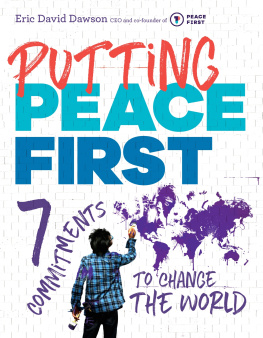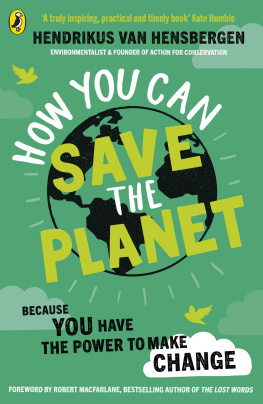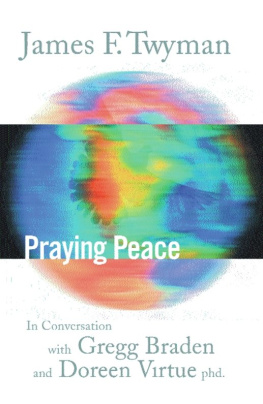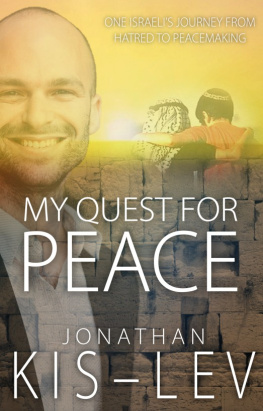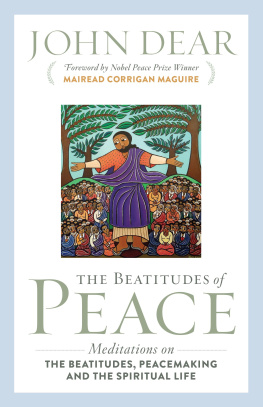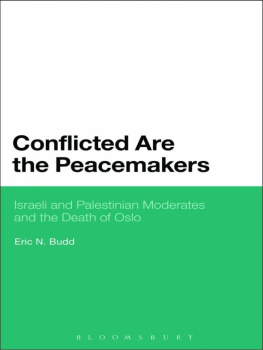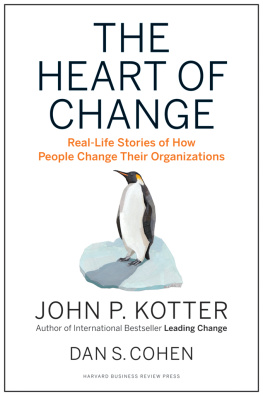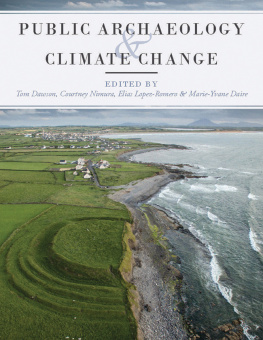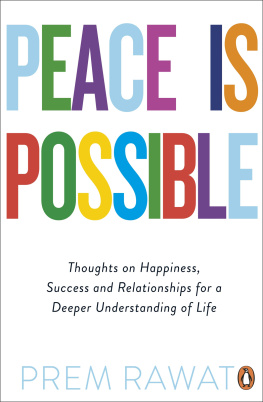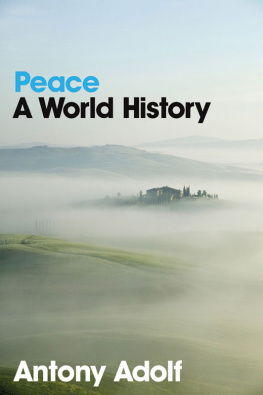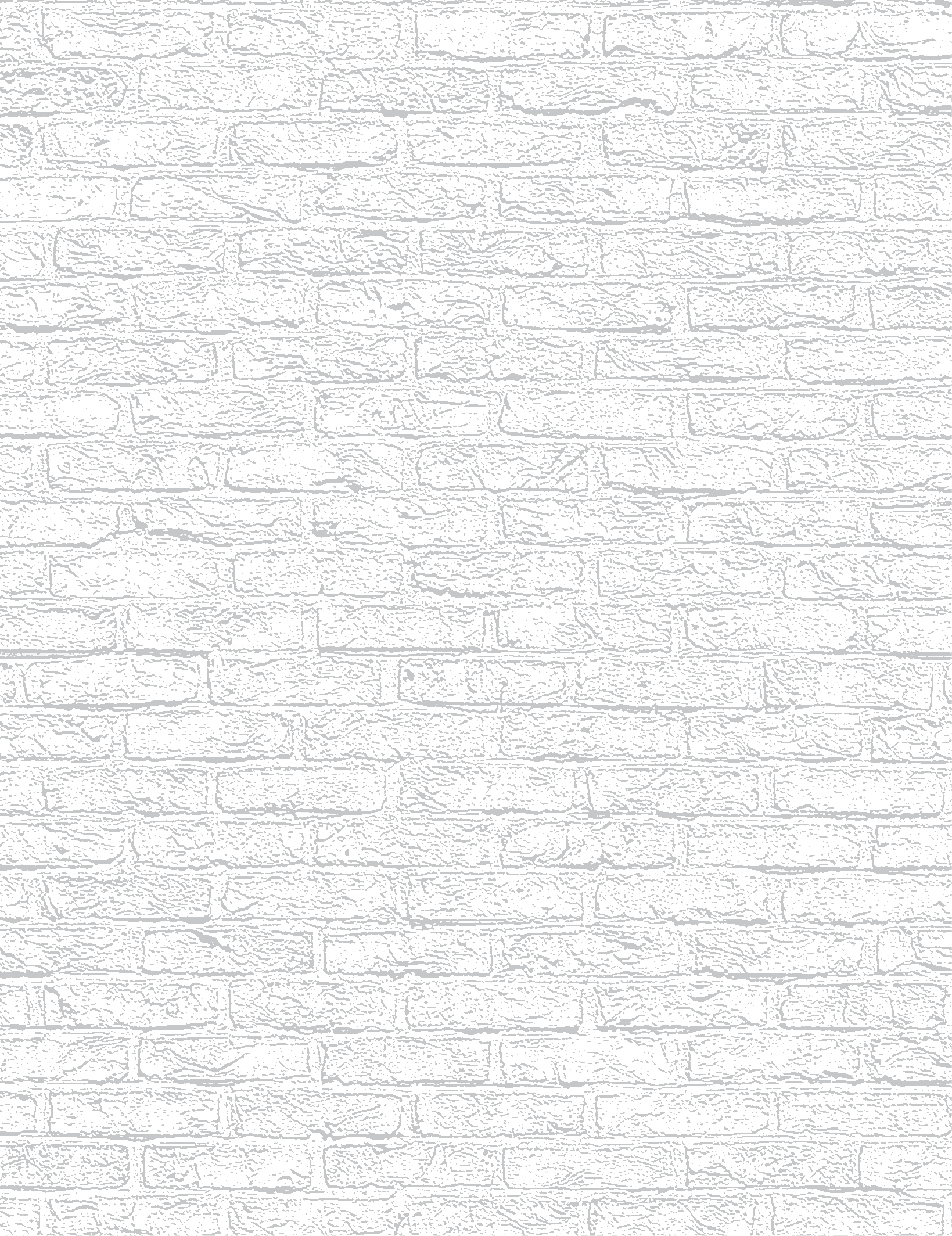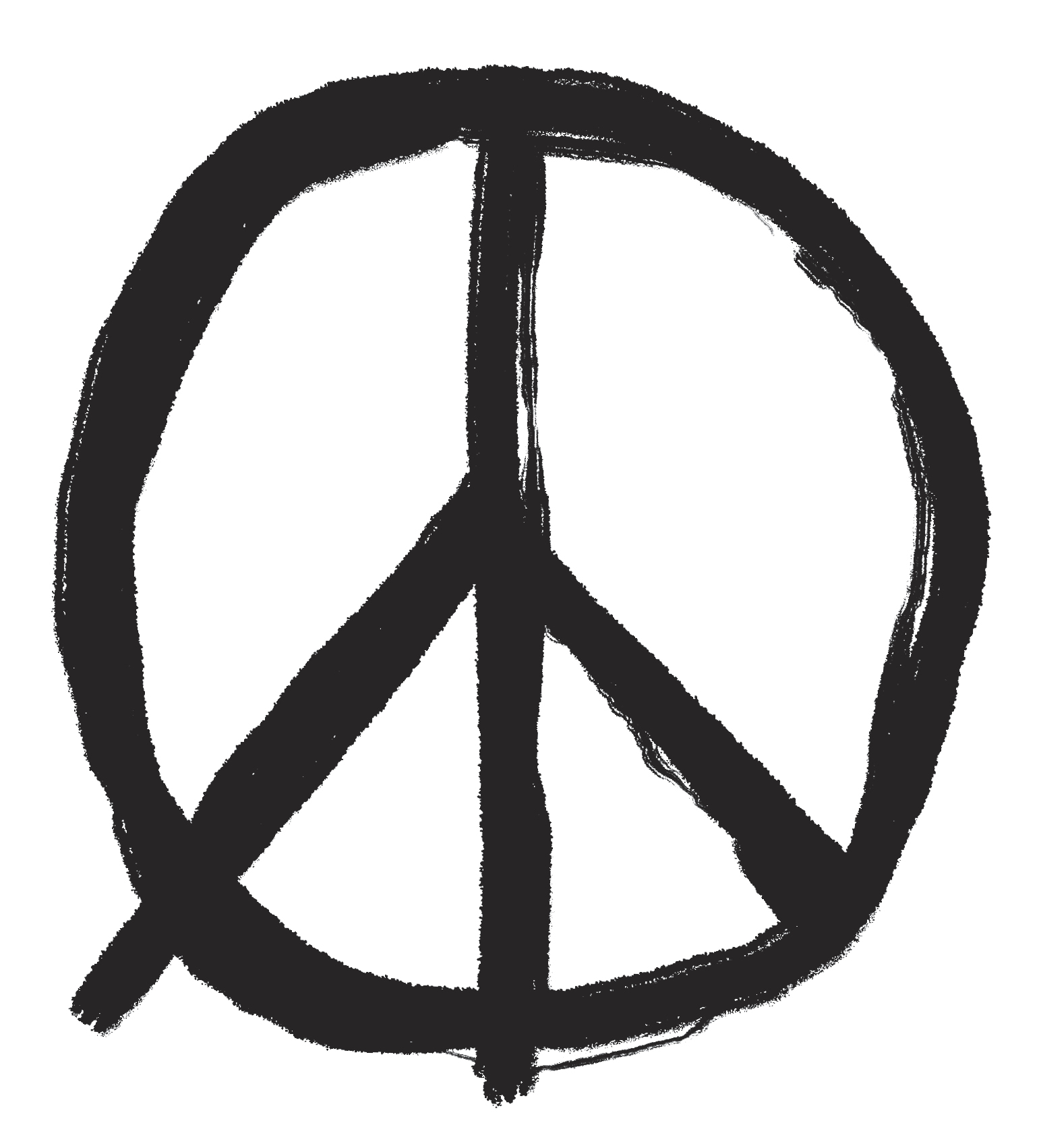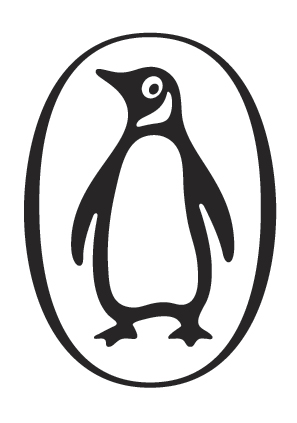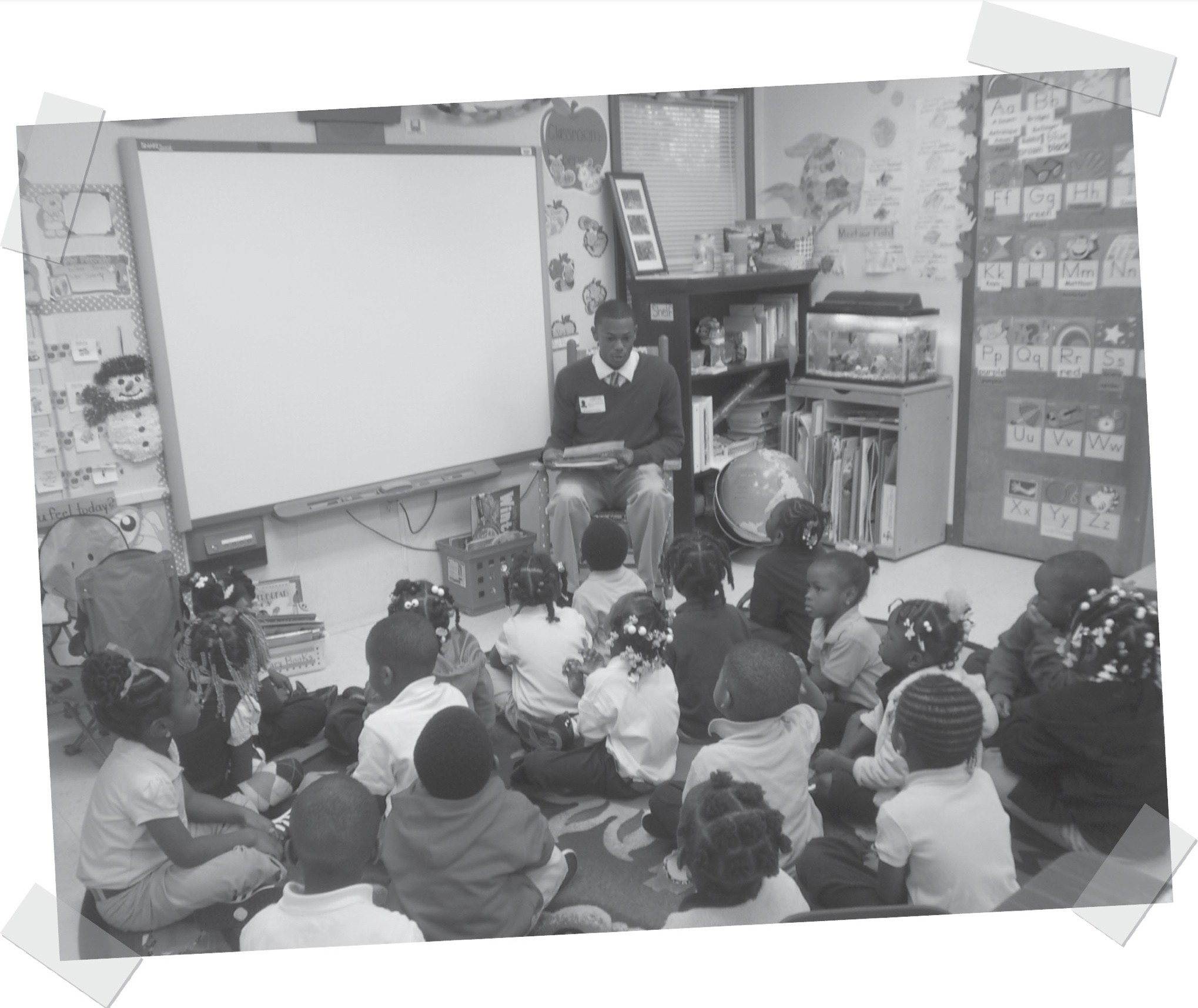Peacemaker Marcus Williams reading his book, The Stop Bullying Club, to a group of young students.
PROLOGUE
CONFESSIONS OF AN ANGRY KID
I WAS A pretty angry kid. Not a get-in-a-lot-of-fights kind of angry, but angry nonetheless. The world felt unfair to me. Adults often let me down or dismissed my ideas. I attended high school at a time when students with disabilities were no longer being kept in separate classrooms but joining the rest of the school for most of the daygym, lunch, health class. Often, because they were different, these students were tormented, made fun of, and bullied. This made me even angrier.
I wasnt alone in my anger. There were other students who shared my concern and we began organizing to change this. We started with a few workshops and trainings for our fellow students. We brought in speakers and held fundraisers. Most importantly, we made a commitment to intervene whenever we saw bad things happening in the cafeteria or hallway, to stand up for other people. We made it clear to our peers that certain behaviors were not OK. It made a difference. The bullying stopped. Not because the principal or teachers made a new rule but because we changed the culture of our school, student to student. I felt powerful, like I could make good things happen, even though I was young.
When I started college, I wanted other young people to believe they could make a difference too. I found friends who felt the same way and we began volunteering in local elementary schools, teaching students how to create their own projects to make their schools or neighborhoods better. What started in a dorm room twenty-five years ago is now a global nonprofit called Peace First, which has supported hundreds of thousands of young people all over the globe, helping them to be brave and kind, and to launch their own projects to solve problems. This book is a collection of all I have learned about how young people can change the world for the betternot someday, but right nowthrough everyday choices and by working together to tackle larger injustices.
Think of this book as a how-to guide for making the world a better place based on seven key commitments for becoming a better person. Each commitment chapter shares the story of a real young person who has tackled a significant problem and made it better. Exercises at the end of each of these stories will deepen your thinking and help you plan out how to follow through on this commitment every day. After these commitment chapters comes a step-by-step guide for creating your own project. My hope is that this book will not only serve as an inspiration for what you can do, but that it will help you choose to do it every day.
Because it is our daily choices that ultimately matter. There is a parable thats often credited to the Cherokee people about a grandfather and his grandson. A child approaches his grandfather, who is visibly upset. Grandfather, he asks, what is wrong? My son, the grandfather replies, I feel like I have these two wolves fighting inside of me. One wolf is vengeful, angry, and violent. The other wolf is loving, peaceful, and kind. They are at war inside my spirit. The grandson thinks about this for a moment, then, turning to his grandfather, he asks, Which of these two wolves do you think will win? To which the grandfather replies, Whichever wolf I choose to feed.
I wrote this book for anyone who wants to feed the good in themselves and in the world.
I wrote this book for anyone who, like I did, is growing up angry. For whom the world feels particularly unfair, and who wants to channel their frustration into something good, something powerful.
I wrote this for anyone who sees what is broken in the world and has no idea where to start fixing it. Those who see the world not just as it is but how it could be, and want to act.
I wrote this book for the artists and creators who are ready to imagine new possibilities and want to use their talents to invite others along.
I wrote this book for those who are not always the first to raise their hand but have good ideas; for those whom people tend to overlook because they are not the loudest or the funniest or the fastest.
For all young people who want to to help, I wrote this book for you.

The author, at age 20, leading a peacemaker training.
INTRODUCTION
YOUVE BEEN LIED TO
YOU ARE THE FUTURE.
The scene could be from any assembly at any school anywhere in the world. An inspirational speaker, sweating in the bright lights of the auditorium, explaining how important you will be... someday. It seems from the moment you are born, adults are talking about your bright future. How with hard work, focus, and determination you will be a great writer, athlete, leader, teacher, artistwhateversomeday. How at some distant point in the future you will change the world.
This is a lie.
You are not the future. You are the present. You do not need to wait for some magical someday when all of a sudden you will have learned enough, read enough, become ready enough to make a difference. No. You can be great right now. And in many ways you are the best hope we have for fixing a world divided by fear, hatred, and violence.
Not someday. Right now.
But how?
There are tons of ways to make the world a better place. When we listen to a friend share about their hard day or take a moment to pick up a piece of trash in a park. When we walk for a cause and when we offer our seat to a stranger. We make a difference when we work to understand someone elses point of view and when we volunteer our time in shelters and food pantries. In fact, there are so many ways to make a difference that it can be overwhelming. Can it ever be enough? And where do you even start?

